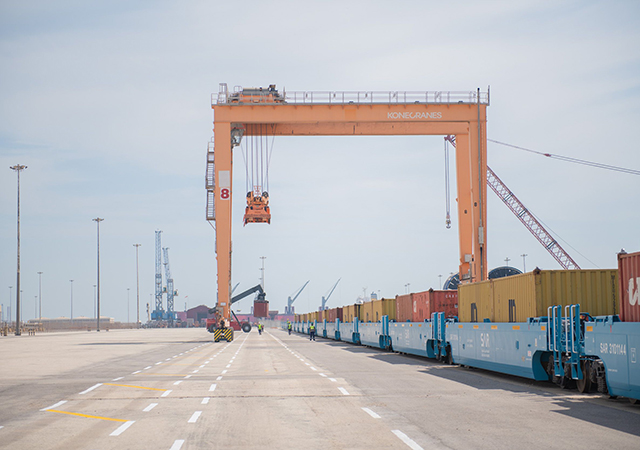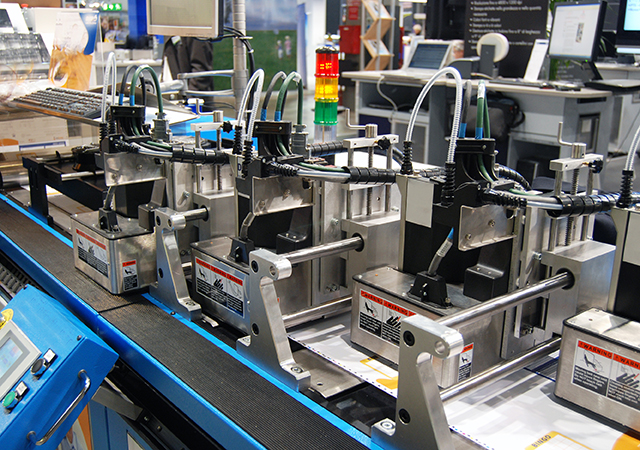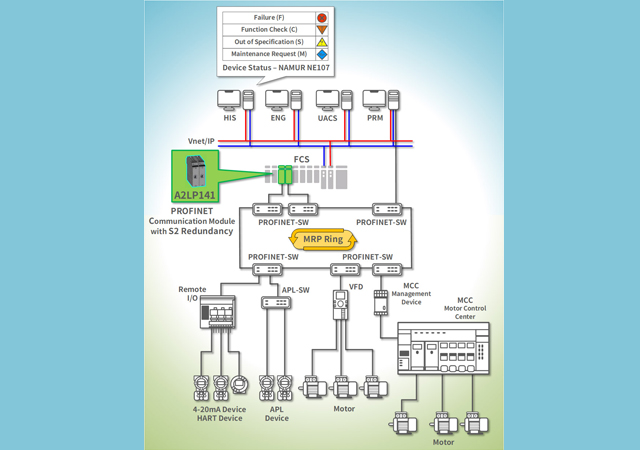
German industrial output rose strongly in the January-March period but lost momentum late in the quarter and will likely lose more steam in the months ahead, the Economy Ministry said.
In seasonally adjusted terms, output fell by 0.5 per cent on the month in March, in line with the expectations of economists polled by Reuters. Output rose 2.3 per cent in the first quarter.
February output data was revised down by 0.2 percentage points to show a monthly gain of 0.2 per cent.
“In this difficult climate, the German economy is holding up well. Despite the decline, industrial production is robust,” said Barclays Capital economist Thorsten Polleit. “But there will be a slowdown.”
“Companies are pretty well positioned,” he added. “Their competitiveness in terms of pricing is excellent despite the strong euro. They should win further global market share.”
Some German companies say the euro’s strength — the currency has risen by around 10 per cent in a year — is affecting their business.
However, automotive parts supplier Robert Bosch GmbH said it expected to shrug off the firmer euro and generate revenue growth of around 5 per cent in 2008.
“The operating environment may have weakened, but we do not foresee a global downturn. In light of that, we expect the Bosch Group to continue to perform well on the whole,” chief executive Franz Fehrenbach said in a statement.
The fall in industrial production in March was marked by a 12.3 per cent decline in construction output as the sector eased after profiting from mild weather earlier in the year.
Manufacturing output declined by 0.2 per cent, weighed down by a 1.8 per cent drop in production of capital goods. Energy output rose 5.5 per cent.
“Industrial production remains on an upward trend,” the ministry said in a statement.
“For the manufacturing industry, the decline in orders in recent months and the significant clouding over of sentiment point to a weakening in output momentum in the coming months.”
Data showed manufacturing orders fell for the fourth straight month in March and declined by 1.3 per cent in the first quarter as foreign demand waned.

















